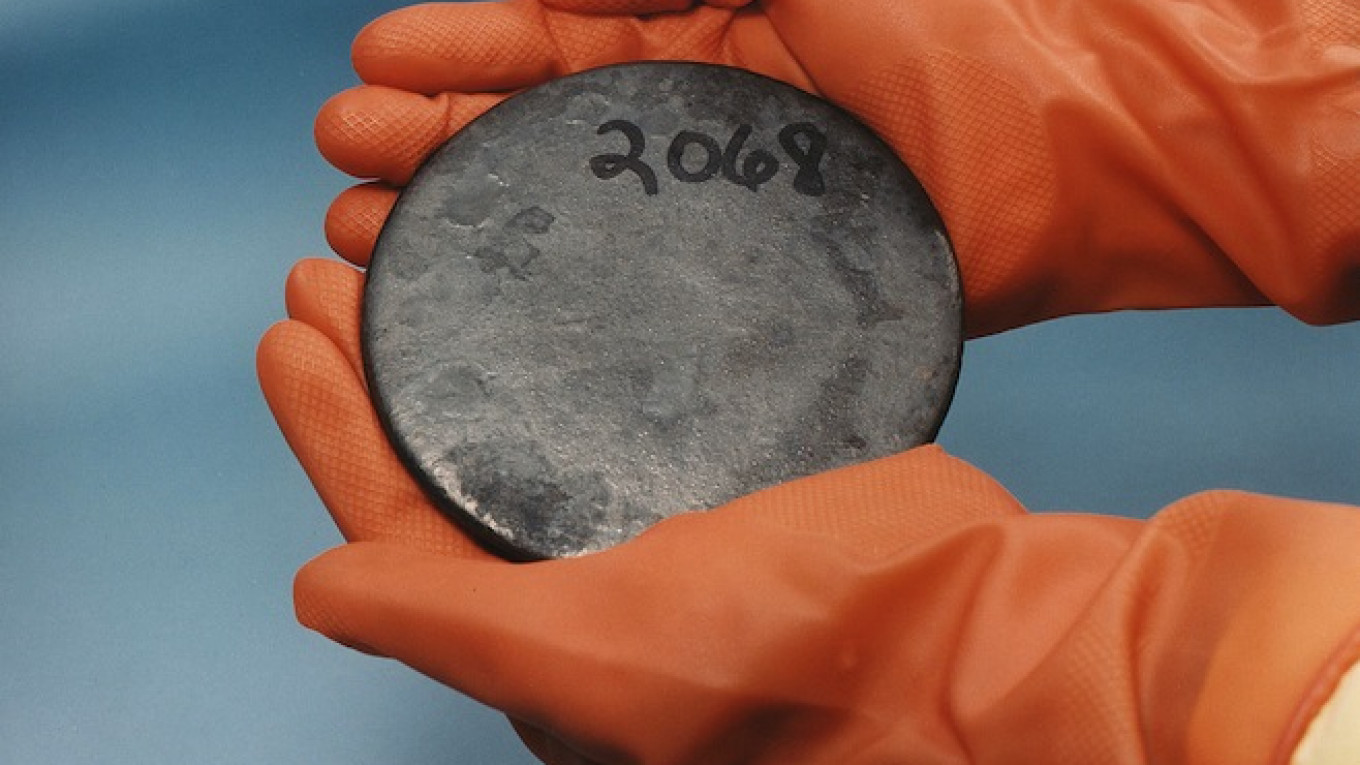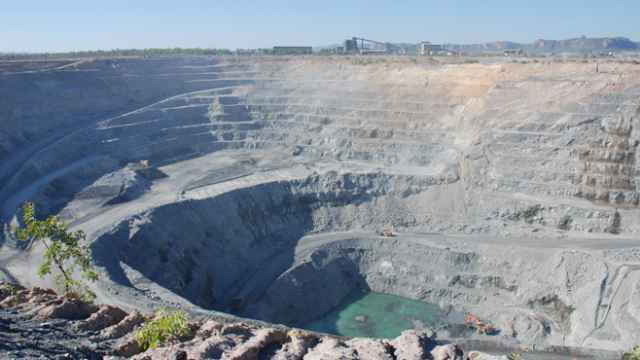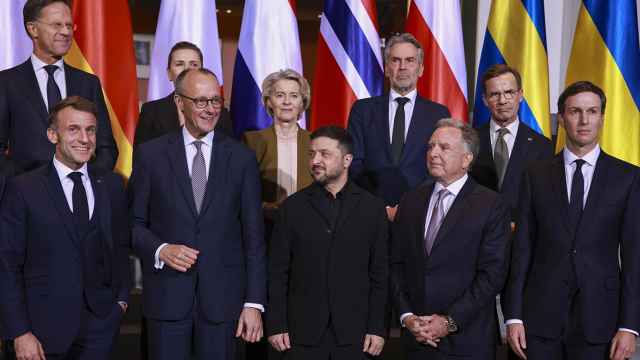VIENNA — The U.S. said it has worked with Russia to help remove 50 kg of highly-enriched uranium from Poland as part of a global campaign to reduce the use of nuclear fuel that could also serve as material for bombs.
Washington and Moscow continue to cooperate on a case-by-case basis in areas of mutual nuclear security concern despite a current "substantial strain" in their relations, U.S. Secretary of Energy Ernest Moniz said Monday.
Russia's role in the separatist conflict in the east of its neighbour Ukraine has plunged relations between Moscow and the West to their worst level since the Cold War era.
Refined uranium fuels nuclear reactors but, if processed to a high degree, can also form the fissile core of nuclear bombs. Highly-enriched uranium, or HEU, has traditionally been used for research reactors, making such plants especially sensitive.
"We have just moved more than 50 kilograms (110 pounds) of HEU from Poland, working with Russia cooperatively, to accomplish that," Moniz said on the sidelines of a UN nuclear agency meeting in Vienna.
Moniz told a news conference it was "one more step in our long-term process of removing and in many cases eliminating HEU and plutonium from various countries." Plutonium can also be used to fuel a nuclear weapon.
Russian officials were not immediately available for comment on the matter.
Since 2009, the U.S. has helped eliminate all HEU from 12 countries, Moniz said separately in a speech to the annual conference of the 162 member states of the International Atomic Energy Agency, or IAEA.
Poland is now "one step closer to being HEU free," he said, without giving details on when and how the removal of the material from the country took place. Such operations are usually conducted under tight security and secrecy.
The U.S.-based Arms Control Association, a research and advocacy group, last year said that HEU spent fuel from converted research reactors in Poland would be returned to Russia by the end of 2016.
In mid-2013, the U.S. and Russia used another IAEA meeting in Vienna to announce that they had helped ship out nearly 16 kg of HEU from Vietnam.
There are about 1,440 tonnes of HEU and 500 tonnes of plutonium stockpiled and in nuclear arms globally, the Nuclear Security Governance Experts Group (NSGEG), which lobbies for action to ensure that such material does not fall into the wrong hands, said last year.
Most of these stockpiles are under military guard but some for civilian uses is less stringently secured.
Analysts say that radical groups could theoretically build a crude but deadly nuclear weapon if they had the money, technical knowledge and materials needed but that merely obtaining sufficient material for an attack poses a formidable challenge.
A fairly simple-to-design bomb would require about 50-60 kg of HEU, the NSGEG said. More sophisticated devices would requires less material.
A message from U.S. President Barack Obama read by Moniz to the IAEA meeting in Vienna said the U.S. continued to work successfully with Russia to implement the new START treaty, "decreasing our deployed strategic warheads to the lowest levels in nearly 60 years."
The pact that was agreed in 2010 caps deployed strategic nuclear warheads, those meant to travel long including intercontinental distances, in Russia and the U.S. at 1,550 each by 2018, down from the previous ceiling of 2,200.
A Message from The Moscow Times:
Dear readers,
We are facing unprecedented challenges. Russia's Prosecutor General's Office has designated The Moscow Times as an "undesirable" organization, criminalizing our work and putting our staff at risk of prosecution. This follows our earlier unjust labeling as a "foreign agent."
These actions are direct attempts to silence independent journalism in Russia. The authorities claim our work "discredits the decisions of the Russian leadership." We see things differently: we strive to provide accurate, unbiased reporting on Russia.
We, the journalists of The Moscow Times, refuse to be silenced. But to continue our work, we need your help.
Your support, no matter how small, makes a world of difference. If you can, please support us monthly starting from just $2. It's quick to set up, and every contribution makes a significant impact.
By supporting The Moscow Times, you're defending open, independent journalism in the face of repression. Thank you for standing with us.
Remind me later.






